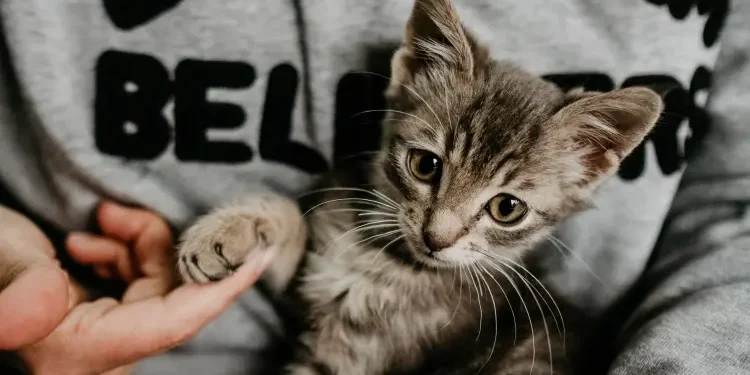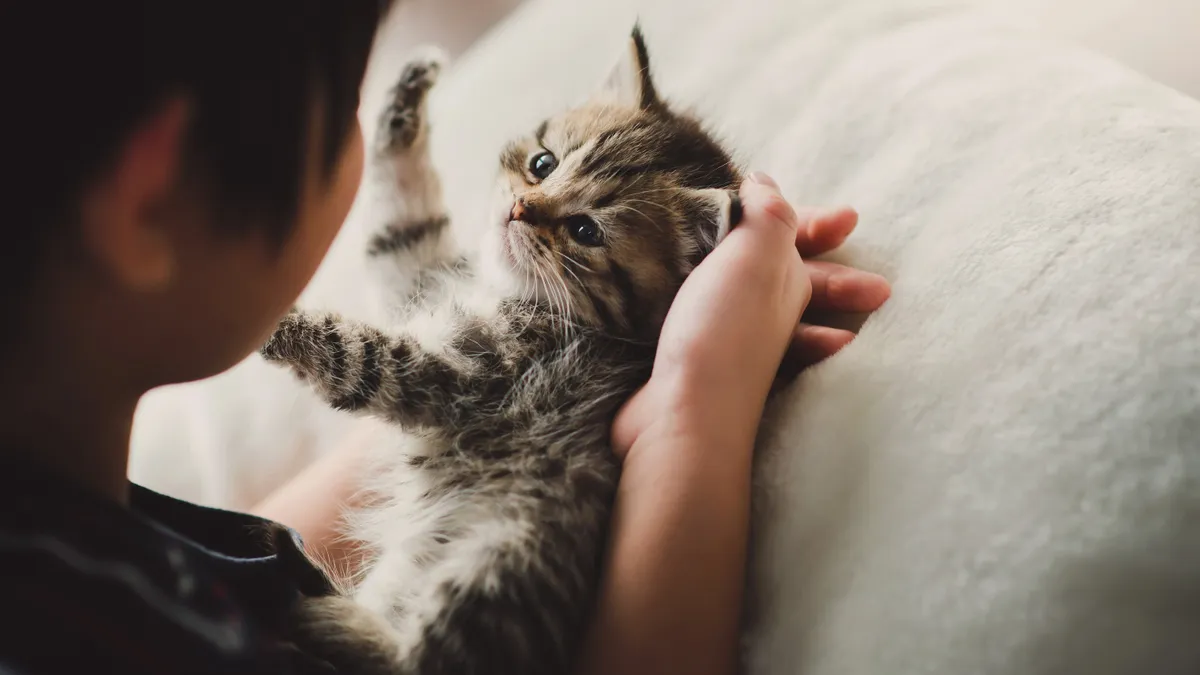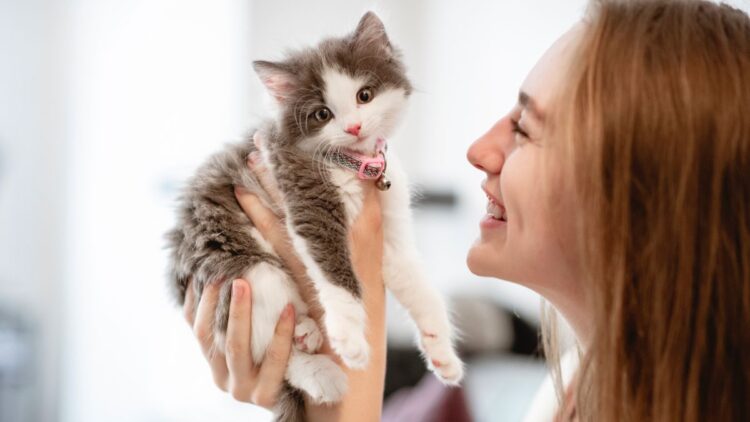Socializing your kitten is essential for their development and overall well-being. Proper socialization not only helps in fostering a well-behaved pet but also ensures the best cat health. In this guide, we’ll explore effective tips and tricks for socializing your kitten, ensuring they grow up to be friendly, confident, and healthy.
Why Socialization is Crucial for Best Cat Health
Socialization plays a pivotal role in your kitten’s physical and mental health. A well-socialized kitten is less likely to develop behavioral issues, stress, or anxiety, which directly impacts their overall health. By following these tips and tricks for socializing your kitten, you can lay the foundation for the best cat health.
Early Socialization: The Key to Success
Start Early: Begin socializing your kitten as early as possible, ideally between 2 to 7 weeks of age. This is a critical period where they are most receptive to new experiences.
Positive Reinforcement: Use treats, praise, and affection to reward positive behavior. This helps your kitten associate social interactions with positive outcomes.
Expose to Various Stimuli: Introduce your kitten to different environments, sounds, and smells. This can include household noises like vacuum cleaners, doorbells, and different textures underfoot.
Introducing Your Kitten to New People and Pets
Gradual Introduction: Allow your kitten to meet new people and pets gradually. Start with short interactions and gradually increase the duration as they become more comfortable.

Supervised Interactions: Always supervise interactions between your kitten and other pets, especially dogs. This ensures safety and allows you to intervene if necessary.
Use Scent Familiarization: Before introducing your kitten to other pets, let them get used to each other’s scent. Swap bedding or use a soft cloth to transfer scents between animals.
Creating a Safe and Stimulating Environment
Safe Space: Provide a designated safe space where your kitten can retreat if they feel overwhelmed. This could be a cozy bed or a quiet room.
Enrichment Activities: Keep your kitten mentally stimulated with toys, scratching posts, and interactive play. This reduces boredom and encourages healthy behavior.
Routine and Consistency: Establish a daily routine for feeding, playtime, and rest. Consistency helps your kitten feel secure and understand what to expect.
Handling and Grooming Tips for Socializing Your Kitten
Gentle Handling: Handle your kitten gently and frequently to get them accustomed to human touch. This includes touching their paws, ears, and mouth, which is important for future grooming and veterinary visits.

Regular Grooming: Start grooming your kitten early. Brush their fur, trim their nails, and clean their ears regularly. This not only keeps them clean but also helps them get used to being handled.
Vet Visits: Take your kitten to the vet for regular check-ups. Familiarize them with the carrier and the car ride to reduce stress during visits. This is vital for the best cat health.
Dealing with Common Challenges
Fear and Shyness: If your kitten is fearful or shy, be patient. Give them time to adjust and never force interactions. Gradually increase their exposure to new experiences.
Aggression: If your kitten shows signs of aggression, seek advice from a veterinarian or a professional animal behaviorist. Addressing aggressive behavior early is crucial for safety and best cat health.
Separation Anxiety: Help your kitten cope with being alone by gradually increasing the time they spend by themselves. Provide toys and comfort items to ease their anxiety.
Conclusion: Building a Healthy and Happy Relationship
By following these tips and tricks for socializing your kitten, you’re not only fostering a well-adjusted and friendly pet but also ensuring the best cat health. Remember, patience, consistency, and positive reinforcement are key. A well-socialized kitten is a joy to have and will grow into a confident and healthy cat.





















